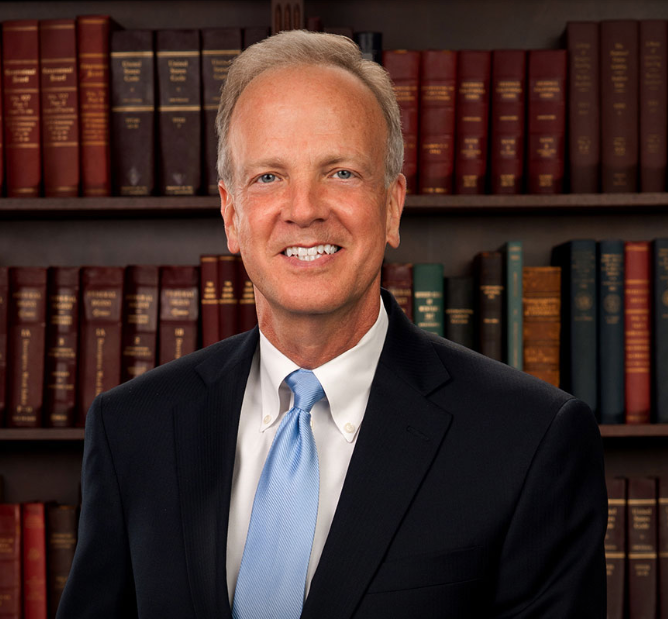
MARC JACOBS
Hutch Post
U.S. Senator Jerry Moran says reforms in the newly passed budget reconciliation bill—commonly referred to as the “Big Beautiful Bill”—include critical protections for rural Kansas healthcare and reinforce long-term access to Medicare and Medicaid for Kansans.
Speaking in a recent interview from Washington, Moran said concerns about potential cuts to Medicare are unfounded.
“It was pretty much hands off. Don’t touch Medicare,” Moran stated. “There’s nothing in this bill that negatively affects seniors currently receiving Medicare benefits.”

However, the legislation does introduce future reforms to Medicaid eligibility. Moran explained that individuals applying for Medicaid in the future—not current recipients—must meet new work requirements and legal residency standards.
“Applicants must be in the country legally and must be willing to work if they are able to.” he said. "The work requirement is 80 hours a month, unless they're students or caregivers."
Moran, a senior member of the Senate Agriculture and Appropriations Committees, emphasized the bill’s significance to rural healthcare. He said ensuring continued Medicaid funding was vital to keeping rural hospitals and clinics open—especially in Kansas.
“Keeping our hospital doors open, our pharmacies on Main Street, and our medical professionals in rural communities is essential,” he said. “Without them, seniors can’t stay in their hometowns, and young families won’t choose to move there.”
Moran highlighted a key provision that delays previously proposed Medicaid reimbursement cuts until 2028. That delay, along with new language in the bill, allows Kansas to continue applying for enhanced Medicaid funding passed earlier by the state legislature.
He said the bill secures up to $4.9 billion in additional Medicaid reimbursements for Kansas over the next 10 years, including specific support for critical access hospitals in rural areas.
“We designed it so Kansas could still benefit from programs already in motion, while also opening the door to new federal dollars,” Moran said.
The legislation also creates a newly funded national program aimed at bolstering rural hospitals, with Kansas expected to receive a significant share.
In closing, Moran reiterated his commitment to preserving healthcare access in rural communities:
“Whether it's Medicare, Medicaid, or general health services, I’m all in on making sure Kansans—especially in our small towns—have access to care close to home.”





